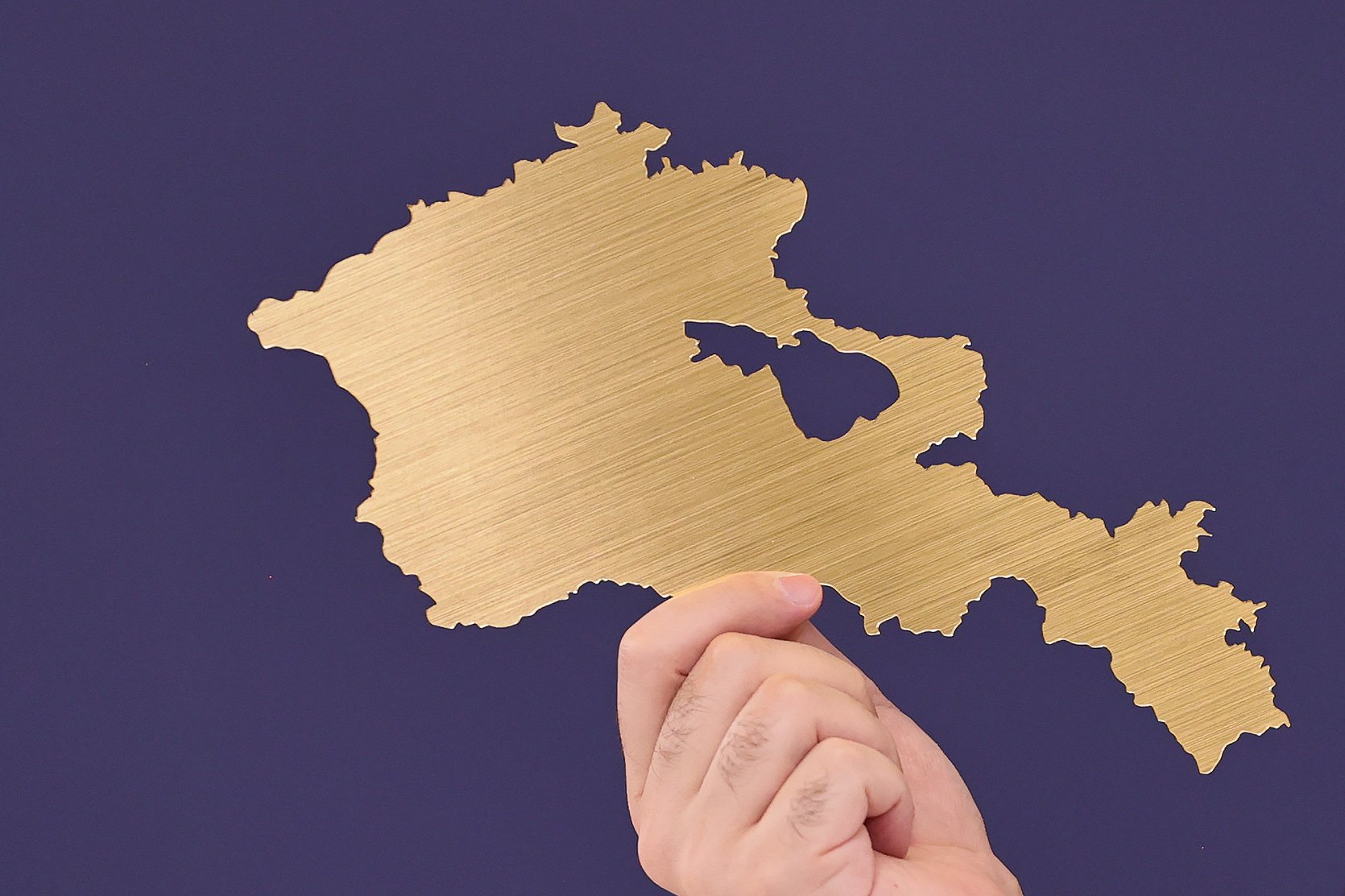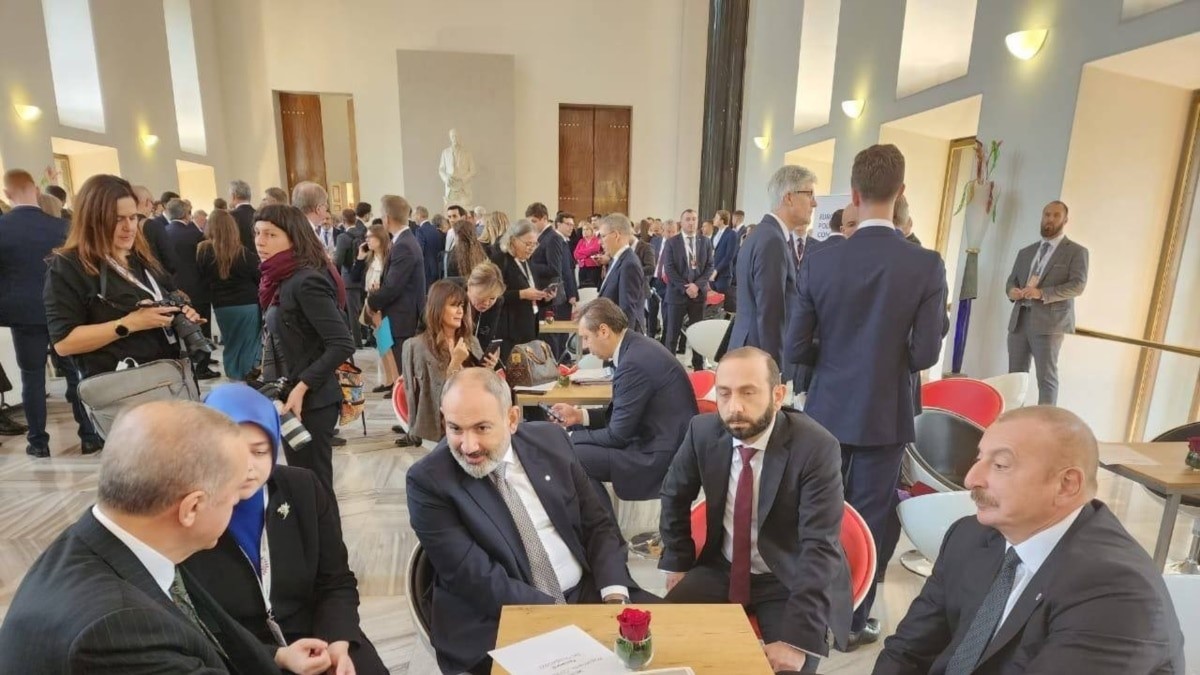Astana offers itself for Yerevan-Baku talks. What's the reason?
Tokayev’s visit to Yerevan
“Kazakhstan is ready to provide maximum assistance and take on the mission of goodwill, meaning to offer a platform for negotiations between Armenia and Azerbaijan,” stated Kassym-Jomart Tokayev in Yerevan.
This was his first official visit to Armenia. After talks with prime minister Nikol Pashinyan, the president of Kazakhstan welcomed Yerevan and Baku’s intention to conclude a peace agreement. “Our main goal is to bring our friendly countries closer together, to pave the way for unbreakable good-neighborly relations, peace, and sustainable development,” he said.
Political observer Hakob Badalyan doubts that Astana can play a “significant and effective” role in Armenian-Azerbaijani negotiations. According to Badalyan, Astana lacks the necessary potential and is itself a “direction of geopolitical struggle”. Therefore, he wonders with which of its partners the president of Kazakhstan coordinates such a proposal – with Russia, China, the UK, or Turkey.
“These players are currently engaged in a very tough and cruel struggle for every centimeter or gram of infrastructure, political, economic, and other opportunities,” Badalyan told JAMnews.
- “Armenia does not create dividing lines in the region” – Pashinyan
- “Armenia provided with safety cushions” – Opinion on the Brussels meeting
- “Russia abandoned us at the most critical moment,” said the speaker of the Armenian Parliament
Kazakhstan welcomes the “Crossroads of Peace” project
After negotiations, the president of Kazakhstan stated that transportation logistics are of great importance for strengthening mutually beneficial cooperation:
“We highly appreciate Armenia’s desire to restore transportation links in the South Caucasus. In this regard, we welcome the ‘Crossroads of Peace’ initiative promoted by prime minister Nikol Pashinyan.”
Both the prime minister of Armenia and the president of Kazakhstan discussed their intention to deepen economic cooperation. Tokayev assured that Kazakhstan is ready to increase its exports to Armenia to $350 million:
“We need to explore new directions that will give a new impetus to trade volume growth.”
Additionally, he emphasized the importance of implementing joint investment projects and enhancing contacts between businessmen from both countries.
Nikol Pashinyan stated that he discussed with his colleague the issue of ensuring security and stability in the South Caucasus. According to him, Yerevan and Astana share common positions regarding the sovereignty and independence of states, and both countries are interested in diversifying regional infrastructure.
“Our goals and interests coincide in terms of regional and international peace and security,” confirmed Kassym-Jomart Tokayev.
Commentary
The highlight of the Kazakh president’s visit was the statement that Astana is ready to play a role in the Azerbaijani-Armenian negotiation process, according to political commentator Hakob Badalyan.
“This is related to the strategic problem of unlocking regional communications, which is the key and most painful point of the Armenian-Azerbaijani conflict from the perspective of the interests of geopolitical actors.“
The expert notes that by offering its mediation services in the Armenian-Azerbaijani process, Kazakhstan is trying to enhance its role among geopolitical players, especially those interested in the Caspian-Caucasus-Central Asia route and fighting for control over communications:
“To understand Kazakhstan’s potential, it is necessary to understand what geopolitical support the statement it made has among the players who are fighting for the Caucasus.”
According to Badalyan, Kazakhstan is influenced by four geopolitical centers – Russia, China, Great Britain, and Turkey.
“In relation to these four countries, how does Kazakhstan position itself in its work in the Caucasus? This is a significant question that will allow a specific answer to the question of what Tokayev’s visit to Yerevan represented,” he explained.
For example, according to the expert, Great Britain openly stated that it is important for them to form the Central Asia-Azerbaijan-Armenia-Turkey Middle Corridor. The goal is to weaken the influence of Russia and Iran in the Caucasus and the Middle East. Badalyan suggests revising the generalized wording of the “Crossroads of Peace” and finding out which actor, with what strategy, and in what way is ready to work in the region.
Badalyan evaluates Yerevan’s “Crossroads of the World” project as an attempt to show the world that Armenia advocates for unlocking roads, not “for the strategic victory” of one or another geopolitical center:
“The main question is how realistic the application of this regime is in practice. When someone declares support for the ‘Crossroads of Peace,’ the meaning of the statement is clear. But very specific questions arise. Because the power centers that are currently fighting for global influence – economic, political, military-political, etc. – have very different views on this.“
Tokayev’s visit to Yerevan





















